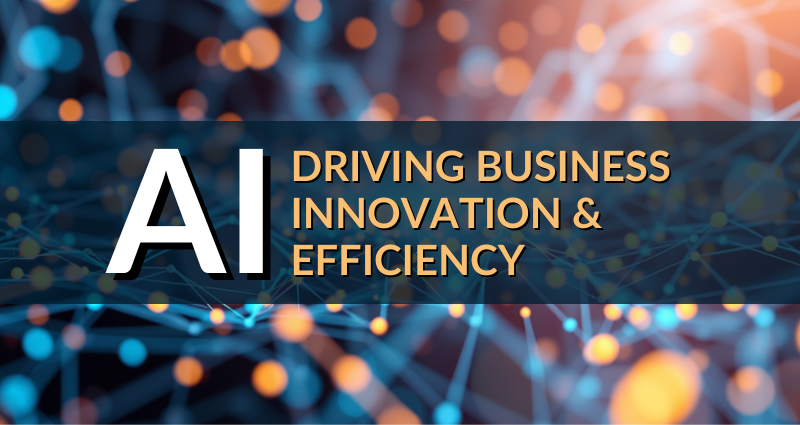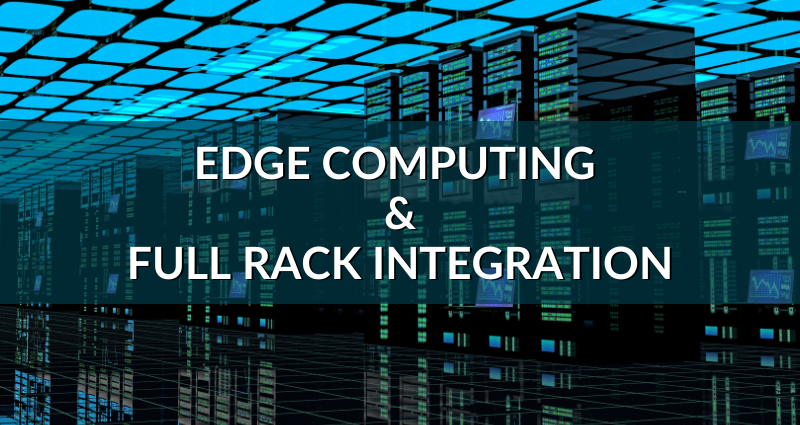AI is transforming cybersecurity, powering both new attacks and smarter defenses. From threat detection and privileged access management to compliance and predictive security, artificial intelligence is quickly becoming the backbone of modern cyber defense.
While boosting security capabilities in numerous ways, the challenge now is to harness its strengths without losing sight of human judgment. As AI and machine learning grow more advanced in cyber defense, one thing is clear: cyber defenders will need to stay sharp, stay flexible, and always expect the unexpected.
AI-Driven Cyber Threats: Smarter, Faster, Trickier
Cybercriminals are no longer just throwing out generic phishing emails or basic malware. With AI in their toolkit, attackers can now adapt in real time, learn from defenses, and craft messages so convincing they could fool your closest coworker. These new AI-powered scams don’t just copy-paste text—they use behavioral modeling to mimic how people actually talk and act. The result? Attacks that feel unsettlingly human, and far harder to spot.
AI in Identity Management and Machine Credentials
Cloud platforms, containerized apps, and Internet of Things (IoT) gadgets have created a tidal wave of “machine identities.” Every device, app, or service needs secure digital credentials to function. Managing those at scale is no small task. That’s where AI steps in: it can automate certificate renewals, track identities, and make sure access keys don’t get lost in the shuffle. But there’s a catch—if AI-driven identity management isn’t backed by careful oversight, it can actually open new doors for attackers. Continuous monitoring and flexible policies are critical to keeping things in check.
AI-Powered Privileged Access Management (PAM)
Privileged access management (PAM) used to be about keeping admin accounts safe. Now, machines also need elevated permissions, which makes the attack surface even bigger. AI-driven PAM tools analyze behavior in real time, adjusting permissions and access as needed. If something looks off—a server trying to grab data it’s never touched before—AI can flag it or cut off access before the damage is done.
AI Threat Detection and SOAR Response
One of AI’s biggest strengths is speed. Traditional defenses often drown analysts in false alarms, slowing down real investigations. AI can sift through mountains of data at lightning speed, highlighting the real threats and even connecting dots humans might miss. Pair that with SOAR (security orchestration, automation, and response) tools, and you get systems that can quarantine devices or shut down a suspicious account almost instantly. That’s less time for hackers, less stress for security teams, and faster protection for everyone.
Smarter Compliance with AI and Zero Trust
Regulations around cybersecurity aren’t going away—they’re multiplying. AI can help organizations keep up by automating compliance checks. Instead of manually combing through logs, AI can scan them automatically, flag non-compliance, and even generate reports that are ready for auditors. That saves money, time, and headaches while helping companies avoid costly fines. The same is true for Zero Trust Architecture compliance – a model that assumes nobody and nothing gets a free pass, not even internal employees or company-owned devices. AI supports Zero Trust security by running constant identity checks, monitoring behavior, and analyzing risks in real time.
Predictive Cybersecurity: Stopping Attacks Before They Start
Reactive defenses aren’t enough in a world where attacks move at warp speed. Predictive AI is changing the game by studying past attacks, user behavior, and system weak spots to forecast what hackers might try next. It’s like having a weather forecast for cyber storms—giving defenders a chance to patch holes before attackers exploit them.
The Human + AI Partnership in Cyber Defense
Even with all these advances, AI isn’t here to replace humans. Instead, it’s here to be a powerful sidekick. AI can crunch the numbers, spot patterns, and take care of repetitive responses. But when it comes to context, ethics, and big-picture strategy, humans are still in the driver’s seat. The future of cyber defense will rely on this partnership—machines handling the heavy lifting, and experts steering the ship.
How (Equus Compute Solutions) ECS Helps Organizations Leverage AI in Cybersecurity
Embracing AI cybersecurity advancements will not only enhance system protection and operational capabilities but also position organizations for future success. The good news is you don’t have to do it alone. With a partner like ECS, businesses can navigate these challenges effectively, affirming they are well-equipped to thrive in this new, AI-enabled future.
Want to learn more about how ECS works with technology partners to address both AI cybersecurity’s advantages and challenges? Click here for more information.
Frequently Asked Questions About AI in Cybersecurity
How is AI changing cybersecurity?
AI is transforming cybersecurity by powering both new attacks and smarter defenses. It enables real-time threat detection, automates identity and access management, and helps organizations predict and prevent future cyber risks.
What are AI-driven cyber threats?
AI-driven cyber threats use artificial intelligence to mimic human behavior, and create highly convincing phishing or malware attacks that are harder to detect.
How does AI help with identity management?
AI automates the management of machine identities by renewing certificates, monitoring access keys, and reducing errors at scale. However, human oversight is critical to avoid inadvertently creating new vulnerabilities.
What is AI-powered privileged access management (PAM)?
AI-driven PAM tools monitor user and machine behavior in real time, adjusting permissions automatically and blocking suspicious activity before it causes damage.
How does AI improve threat detection and response?
AI analyzes large volumes of security data at incredible speed, reducing false positives, and integrating with SOAR tools to automate responses like quarantining devices or shutting down suspicious accounts.
Can AI help with cybersecurity compliance?
Yes. AI can automate compliance checks, generate audit-ready reports, and support frameworks like HIPAA, PCI-DSS, SOC 2, and Zero Trust by continuously monitoring access and behavior.
What is predictive AI in cybersecurity?
Predictive AI studies past attacks, user behaviors, and system vulnerabilities to forecast likely threats, giving organizations time to strengthen defenses before hackers strike.
Will AI replace human cybersecurity experts?
No. AI enhances human capabilities by handling data analysis, automation, and repetitive tasks, but human judgment is still essential for strategy, ethics, and contextual decision-making.
How can ECS help organizations with AI cybersecurity?
Equus Compute Solutions (ECS) partners with organizations to implement AI-powered cybersecurity tools, helping businesses stay resilient, compliant, and future-ready in an AI-enabled threat landscape.








